Which of the following sublimes on heating ?
Al2O3
Al(OH)3
(AlH3)π
(AlCl3)π
The correct Answer is:D
To determine which of the given compounds sublimes upon heating, we need to analyze each option based on their physical states and properties. Here’s a step-by-step solution:
Step 1: Understand Sublimation
Sublimation is the process where a solid turns directly into a gas upon heating without passing through the liquid state.
Step 2: Analyze Each Option
1. Alumina (Al₂O₃):
- This compound is a solid and has a very high melting point of about 2000°C.
- Since it does not easily convert to a liquid, it cannot sublime.
- Conclusion: Not the answer.
2. Aluminum Hydroxide (Al(OH)₃):
- This is also a solid with a melting point around 300°C.
- Similar to alumina, it does not sublime as it requires high temperatures to decompose rather than sublime.
- Conclusion: Not the answer.
3. Aluminum Hydride (AlH₃):
- AlH₃ exists as a dimer in liquid form.
- It does not sublime because it is not in a solid state at room temperature and does not transition directly to gas upon heating.
- Conclusion: Not the answer.
4. Aluminum Chloride (AlCl₃):
- AlCl₃ can exist as a solid and, upon heating, it can sublime at around 180°C.
- When heated, it breaks down into gaseous forms, indicating that it undergoes sublimation.
- Conclusion: This is the correct answer.
Final Answer
The compound that sublimes upon heating is Aluminum Chloride (AlCl₃).
Sublimation is the process where a solid turns directly into a gas upon heating without passing through the liquid state.
1. Alumina (Al₂O₃):
- This compound is a solid and has a very high melting point of about 2000°C.
- Since it does not easily convert to a liquid, it cannot sublime.
- Conclusion: Not the answer.
- This is also a solid with a melting point around 300°C.
- Similar to alumina, it does not sublime as it requires high temperatures to decompose rather than sublime.
- Conclusion: Not the answer.
- AlH₃ exists as a dimer in liquid form.
- It does not sublime because it is not in a solid state at room temperature and does not transition directly to gas upon heating.
- Conclusion: Not the answer.
- AlCl₃ can exist as a solid and, upon heating, it can sublime at around 180°C.
- When heated, it breaks down into gaseous forms, indicating that it undergoes sublimation.
- Conclusion: This is the correct answer.
The compound that sublimes upon heating is Aluminum Chloride (AlCl₃).
Topper's Solved these Questions
- BOOK - VK JAISWAL ENGLISHCHAPTER - p-BLOCK ELEMENTSEXERCISE - LEVEL 297videos
p-BLOCK ELEMENTS
- BOOK - VK JAISWAL ENGLISHCHAPTER - p-BLOCK ELEMENTSEXERCISE - LEVEL 3 (PASSAGE TYPE)17videos
p-BLOCK ELEMENTS
- BOOK - VK JAISWAL ENGLISHCHAPTER - METALLURGYEXERCISE - ASSERTION-REASON TYPE QUESTIONS29videos
METALLURGY
- BOOK - VK JAISWAL ENGLISHCHAPTER - PERIODIC PROPERTIESEXERCISE - MATCH THE COLUMN11videos
PERIODIC PROPERTIES
Similar Questions
Knowledge Check
- Question 1 - Select One or More
Which of the following decarboxylate on heating?
A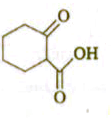 B
B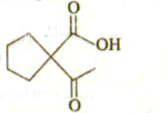 C
C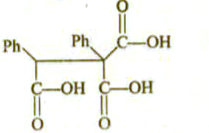 D
D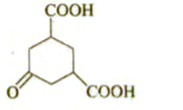
- Question 2 - Select One
Which one of the following has lowest heat of combustion?
A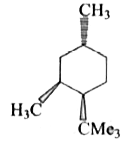 B
B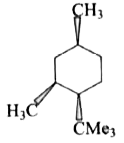 C
C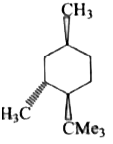 D
D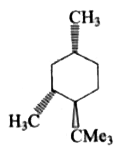
Which of the following liquids does expand maximum on heating?
View SolutionWhich of the following has the highest heat of vaporization ?
View SolutionWhich of the following pairs can be distinguished by the action of heat?
View SolutionWhich of the following has highest heat of neutralization?
View SolutionWhich of the following has highest heat of hydrogenation:
View SolutionWhich of the following solids does not sublime?
View Solution

